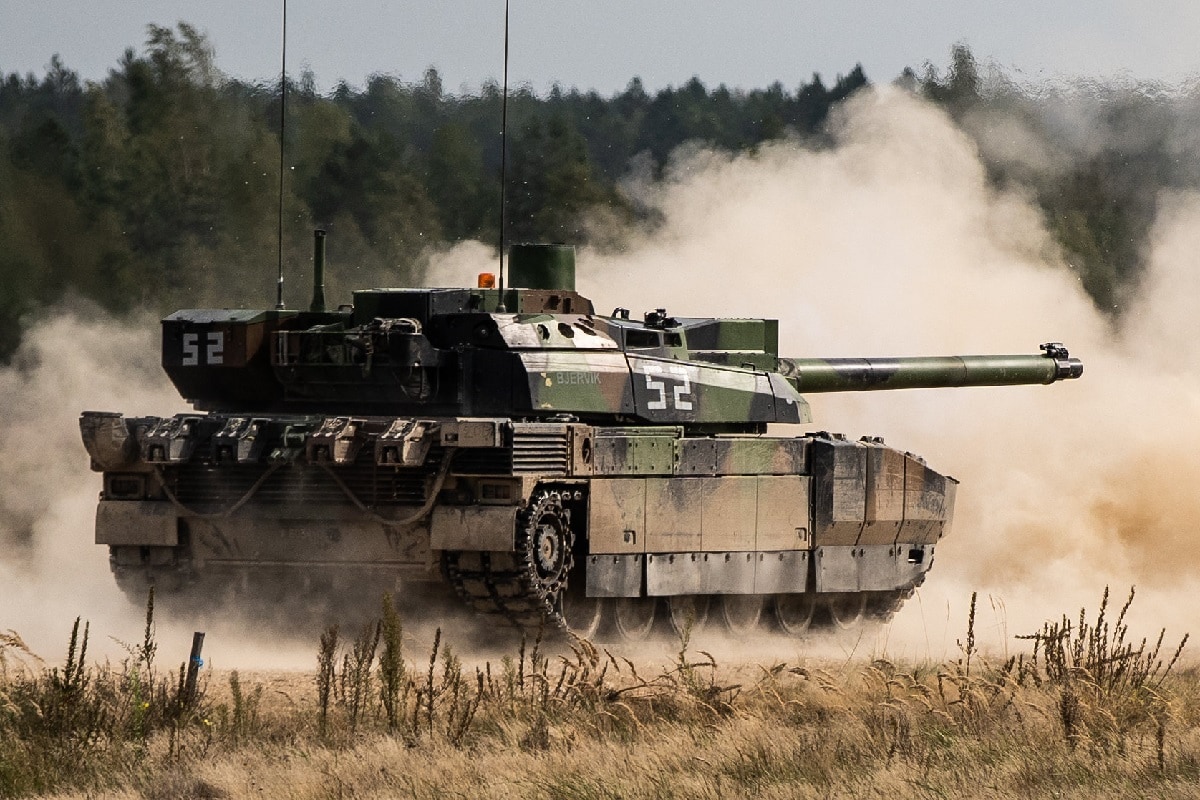During a meeting with Ukrainian President Volodymyr Zelenskiy recently, Secretary of State Antony Blinken said the U.S. was, “actively looking at” strengthening security cooperation with Ukraine. In Washington, White House spokesman Karine Jean-Pierre, asked if Ukraine would be invited into NATO, said the U.S. is “committed to ensuring that NATO’s door remains open to aspirants.” Ukraine, however, is not a U.S. ally, is not a member of NATO, and Washington should stop pretending they are.
Being clear on that point could keep us out of an unwanted, unnecessary, and destructive war with Russia.
Membership in any alliance, by definition, is supposed to result in a mutually beneficial security relationship in which the security of all existing members is enhanced by the inclusion of new members. There is no doubt that joining NATO would increase Ukraine’s ability to fight Russia – but there is likewise no doubt that saddling NATO with an already volatile Ukraine would diminish the security for all existing members of the North Atlantic alliance.
It would be best for Kiev and congruent with U.S. preferences if Russia respected Ukraine’s territorial integrity and did not threaten military action against their neighbor. Unfortunately, the situation is inextricably entangled with regional dynamics, not the least of which is strong views from Moscow. As Putin and other Russian leaders have been saying for decades, trying to expand NATO to Ukraine – whose border with Russia is barely 300 miles from Moscow – is a red line Russia will not passively allow to be crossed.
Moscow made similar threats in 2008. Following a NATO meeting in April 2008 to consider inviting Georgia and Ukraine, then-Secretary-General Jaap de Hoop Scheffer said alliance members, “agreed today that these countries will become members of NATO.” The next month Putin said that if Georgia was granted membership in NATO, Russia would “take adequate measures,” recognizing the Russian-dominated provinces of Abkhazia and South Ossetia. Within two months, those “measures” became apparent.
In mid-July 2008 up to 10,000 Russian troops, hundreds of armored vehicles, and scores of bombers and fighter planes were deployed opposite Georgia to conduct “exercises.” After then-Secretary of State Condoleeza Rice expressly warned Georgian leadership not to provoke Russia, President Mikhail Saakashvili ignored her pleas and attacked Russian peacekeepers in the Georgian province of South Ossetia. Moscow didn’t hesitate and used the attack as justification to launch a five-day war.
Despite Rice’s warnings, Saakashvili apparently believed that once Russian troops had entered Georgian territory, Washington would come to his rescue. Fortunately, Bush did not give in to the temptation and the war did not advance beyond the two provinces, much less beyond Georgian borders. Russia considered it an existential threat to have a NATO member on its border and it was willing to risk war to prevent it. The dynamics are similar for all the major players with regard to Ukraine today.
On April 6, Ukrainian President Volodymyr Zelenskiy called for an accelerated path to NATO membership for his country. On the same day, Russian Minister of Defense, Sergei Shoigu announced military drills near the border with Ukraine that would later rise to over 100,000 troops. Later that month, Putin warned the West not to cross unspecified “red lines,” or face a Russian response he said that would “be asymmetric, fast and tough.”
Given Russia’s reaction to Georgia making moves toward NATO membership, we must take Putin’s current warning about Ukraine seriously and not risk war with a nuclear-armed Russia.
The response that makes the most sense for America is to maintain a robust conventional and nuclear deterrent that will keep Russia at bay and deter Moscow from even contemplating any attacks on our homeland, allies, or global interests. We should encourage Ukraine to declare neutrality, allying with neither Moscow nor NATO, preserving their ability to maintain peaceful relations with both the East and West.
Such a policy, for both Washington and Kiev, is a sober recognition of reality, and stands a chance at success. The Russian federation hardly has the expansionist tendencies characterized by the USSR, but Moscow has avowedly declared an unwillingness to allow a military alliance to advance to its 1,200-mile border with Ukraine. America’s top priority is avoiding unnecessary war with a nuclear-armed adversary and preserving our ability to prosper as a nation. NATO membership for Ukraine would put both objectives at risk.
Daniel L. Davis is a Senior Fellow for Defense Priorities and a former Lt. Col. in the U.S. Army who deployed into combat zones four times. He is the author of “The Eleventh Hour in 2020 America.” Follow him @DanielLDavis1.

